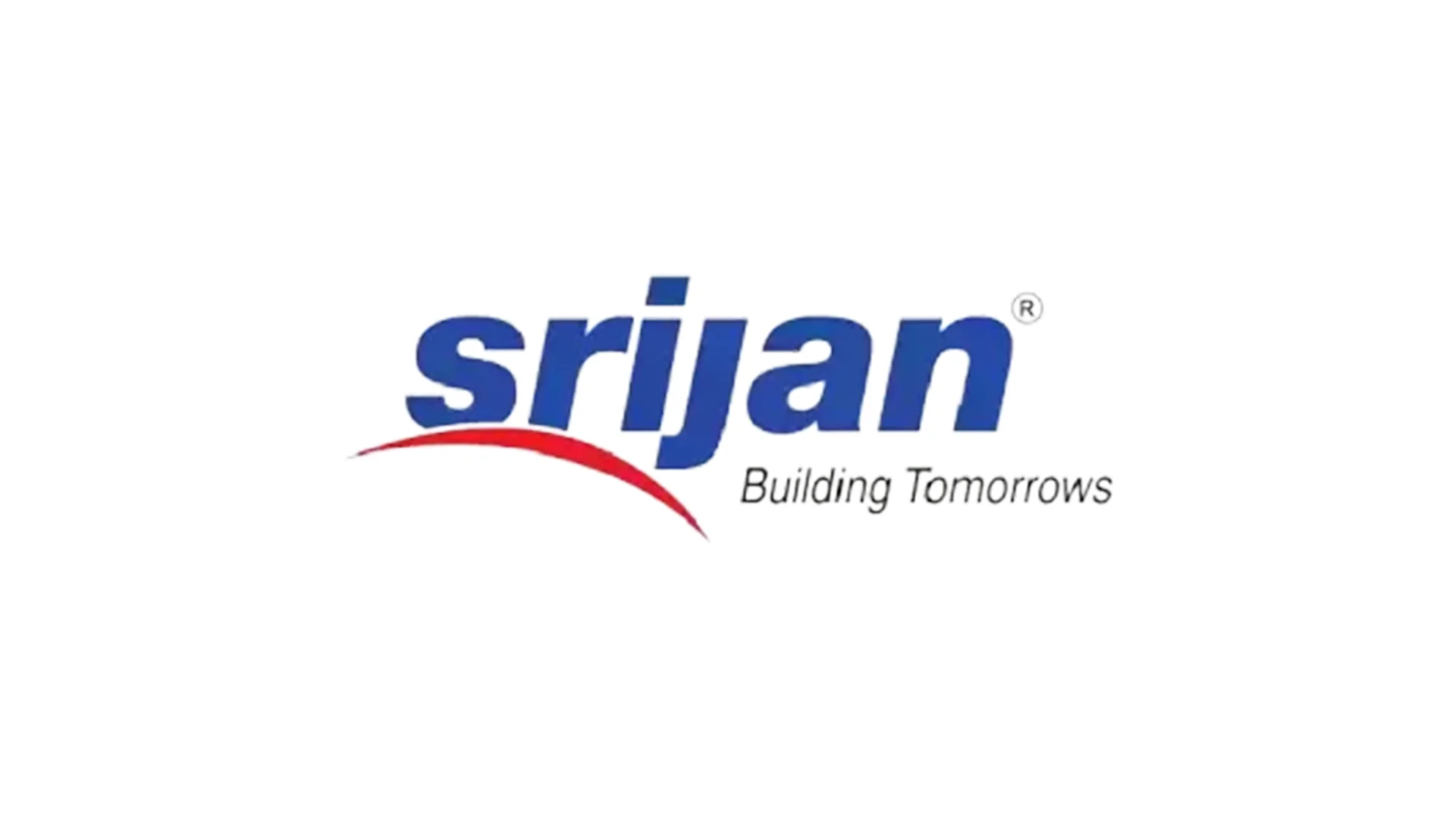As the importance of environmental sustainability becomes increasingly evident, more and more homeowners are choosing to build or retrofit their homes with eco-friendly features. Here are some sustainable features to consider when building or remodeling an eco-friendly home:
Energy-Efficient Windows
High-quality windows that provide effective insulation can greatly reduce energy consumption by preventing heat loss during the winter and minimizing heat gain during the summer.
Solar Panels
Solar panels are a great way to generate clean energy for your home, and can significantly reduce your reliance on non-renewable energy sources.
Efficient Heating and Cooling Systems
Investing in an energy-efficient heating and cooling system, such as a geothermal heat pump or a high-efficiency air conditioner, can greatly reduce your home’s energy consumption and improve your indoor air quality.
Insulation
Effective insulation is a key element of a sustainable home, as it can help regulate indoor temperatures and reduce energy consumption. Look for insulation made from recycled materials, such as cellulose or denim.
Low-Flow Fixtures
Replacing traditional faucets and showerheads with low-flow alternatives can significantly reduce water consumption and lower your utility bills.
Energy-Efficient Appliances
Investing in energy-efficient appliances, such as refrigerators, dishwashers, and washing machines, can greatly reduce your home’s energy consumption and lower your utility bills.
Sustainable Materials
Consider using sustainable materials, such as bamboo, cork, or reclaimed wood, for flooring and other surfaces. These materials are often more durable and environmentally friendly than traditional materials.
Green Landscaping
Choose native plants for your landscaping, as they require less water and maintenance than non-native plants. Additionally, consider installing a rainwater harvesting system to collect rainwater for irrigation.
In conclusion, there are many sustainable features to consider when building or remodeling an eco-friendly home. By incorporating energy-efficient windows, solar panels, efficient heating and cooling systems, insulation, low-flow fixtures, energy-efficient appliances, sustainable materials, and green landscaping, you can significantly reduce your home’s environmental impact and save money on utility bills over time.











